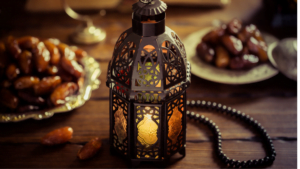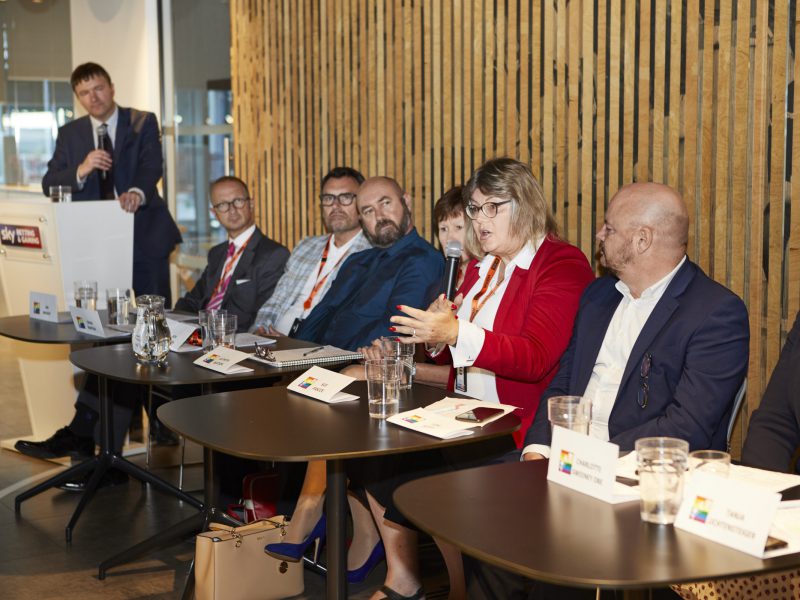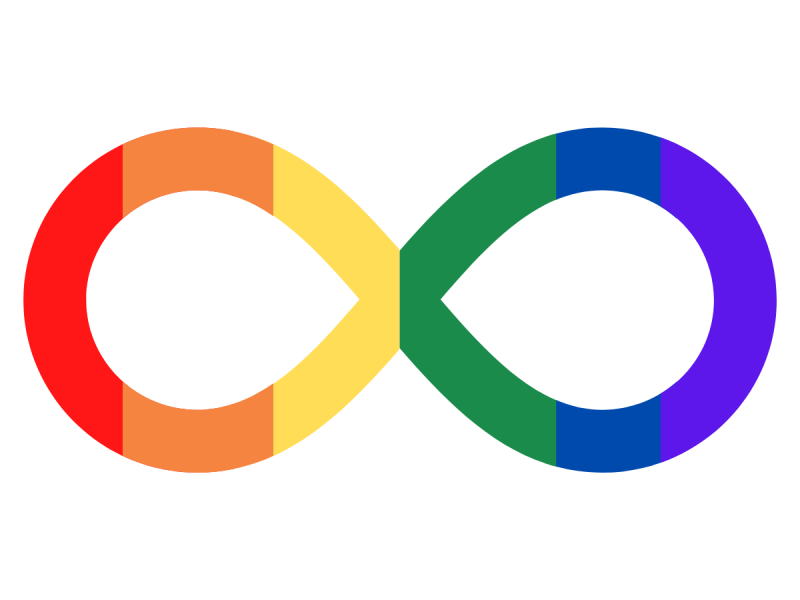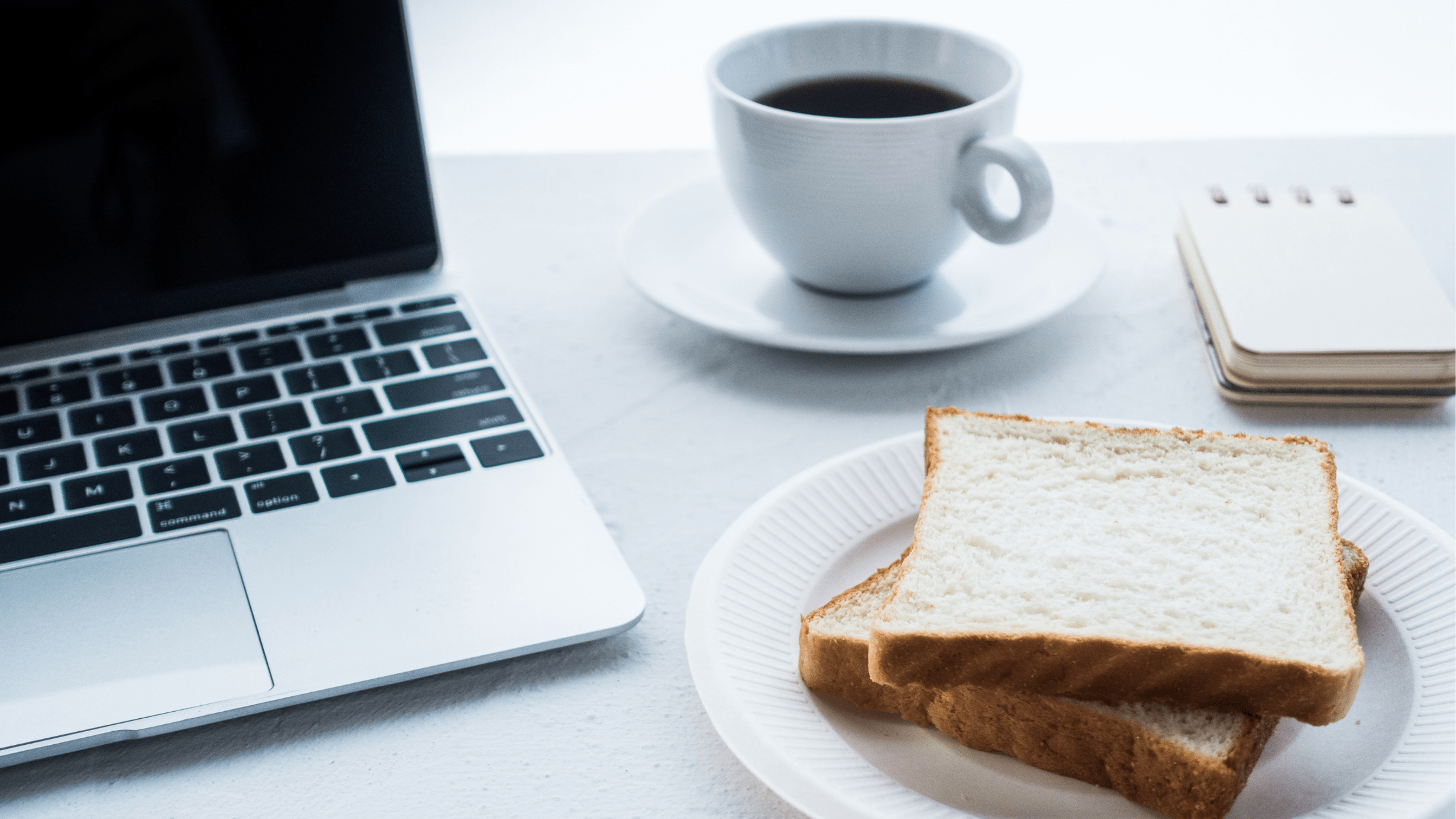Ramadan is one of the most important times in the Islamic calendar. We spoke to Alia Mohd Roslan, Wellington Place resident and Assistant Administrator at Brewin Dolphin to find out more about this holy month.
Let’s start at the beginning: what is Ramadan? Observed by Muslims worldwide, Ramadan is the ninth month of the Islamic calendar and commemorates when Allah first revealed the Qur’an, Islam’s central religious text, to the Prophet Muhammad.

How do Muslims honour Ramadan?
During the 30 days of Ramadan, Muslims fast between the hours of sunrise and sunset. This period of fasting is referred to as ṣawm and its annual observance is one of the Five Pillars of Islam.
The month of Ramadan gives Muslims an opportunity to reflect on their spirituality, provides space for self-growth, and enables them to show their devotion towards Allah through acts of worship, including daily prayers and giving to charity.
Muslims celebrate Ramadan during the fasting period by having an early morning meal before dawn, known as suhoor or sehri. The fast is then broken after sunset for the evening meal, called iftar or fitoor.

How does fasting feel?
Alia explains: “To be honest, the first week can be slightly challenging as my body is adjusting to the change. However, after that fasting feels great because it gives me so many health benefits: not only physically and mentally, but also spiritually. After constantly digesting food during other months of the year, my body has a little break where it can detoxify itself.
“However, for me fasting isn’t just about shedding the extra weight. It also gives me a stronger, more positive mindset – a bit of a mental ‘glow up’. It helps me to feel closer to Allah and to look at life in a more positive light, feeling more resilient, patient and grateful.”
Does fasting impact you at work?
Many Muslims continue to work full-time while they are fasting. As you might imagine, this can be quite draining – both mentally and physically. So how do Muslim people approach this period? And, importantly, what can employers do to better support their Muslim employees during Ramadan? Alia shares her experiences.
“It depends on the person and the time of year. For me, it doesn’t have too much of an impact, apart from the odd few days where my stomach might grumble. I have a naturally positive mindset and in times when I am struggling, I remind myself that I have to fast for the sake of Allah, which gives me the strength to power through.
“However, because Ramadan falls on a different month every year, it can be more strenuous to fast in the summertime, when the weather is hot and the days are very long, especially as we are not allowed to drink any water while we’re fasting.”

How can companies support employees during Ramadan?
“I’m lucky that my employer is already very supportive of my religion. The opportunity to work flexibly during Ramadan, such as earlier start and finish times, means I can get home in time to pray and break the fast together with my family.
“Because we start fasting after a pre-dawn meal, many Muslims have more energy in the mornings. It would be good for employers to arrange meetings and working hours to accommodate this.”
Alia adds: “It’s also important not to make assumptions, and to understand that Muslims might approach Ramadan in different ways. For example, some Muslim females might not fast for up to a week during Ramadan because of their menstrual cycle, which is permitted in the Qur’an. Similarly, some people – such as children and those with chronic illnesses – are not required to fast, but this doesn’t mean that they’re not observing Ramadan in their own way.
“With that being said, there’s no harm in asking questions provided you do it in a respectful way. Many Muslims will welcome the opportunity to share their beliefs with you and explain the significance of Ramadan and why we celebrate!”
Thank you to Alia from Brewin Dolphin for her contribution to this blog post.



